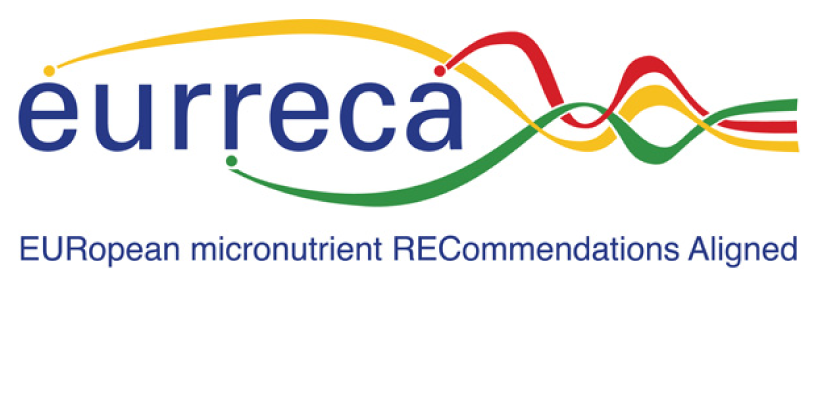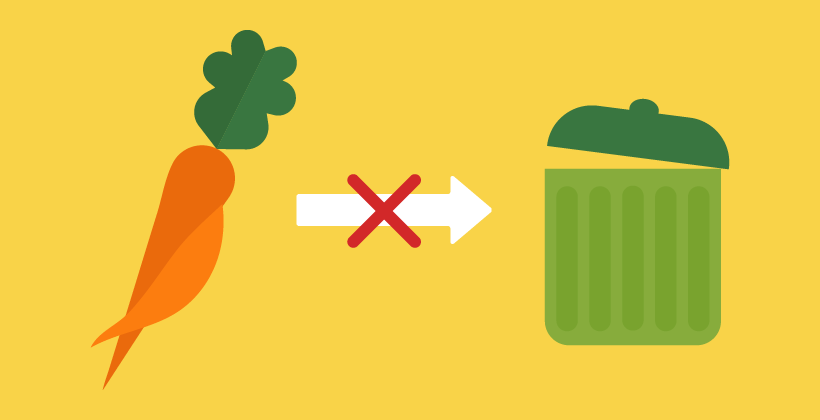Addressing the variation in micronutrient recommendations in Europe (EURRECA)
Last Updated : 01 December 2007The EURRECA (EURopean micronutrient RECommendations Aligned) Network of Excellence has been established to work towards a framework of advice on micronutrients to better inform policy-makers as they formulate national recommendations. The aim is to produce Europe-wide scientific consensus on the evidence on which micronutrient recommendations can be used, enabling such evidence to be converted rapidly, conveniently and appropriately into recommendations published in national policy documents.
Funded by the European Commission, the Network is made up of 34 partners based in 17 countries, with a large involvement from academia, food industry, consumer groups, national nutrition societies and the health professions.
EURRECA!
Individual countries in Europe review their national guidance on recommendations for micronutrients at different times, which means they are not always working with the same or the most recent scientific information. Countries use different methods and different groups of experts to determine their national requirements, and different concepts to express these recommendations.
For example, some nations group all adults together and provide one recommendation for all; others provide separate recommendations for men and women. Age groupings for babies and children also vary. The result is differing national recommendations and confusion for policy-makers, health professionals and consumers. Folic acid is a good example of a wide variation in recommendations in official guidance, because scientific knowledge on this micronutrient has increased dramatically in recent years.
Priorities and populations
Initial work has identified the priority micronutrients, among which are folic acid, Vitamin D and iron. EURRECA’s focus will be on the most vulnerable groups of the European population such as the older generation, pregnant and lactating women, children, those on low incomes and migrant populations.
EURRECA will not only consider nutrition science advice but also policy implications that take into account national, social, cultural and ethical differences.
‘Best practice’ tool kit
As EURRECA’s work progresses, a comprehensive ‘tool kit’ will be produced of ‘best practice’ guidance that will lead to a robust scientific base for assessing micronutrient requirements and for devising nutrient recommendations.
Components of the tool-kit are likely to include:
- agreed ways of obtaining and using information on diets
- agreement on the factors that account for variations in food and nutrient intake between individuals
- agreement on how to decide on and measure the micronutrient status of individuals
- a Code of Practice on how best to involve consumers in the development of recommendations and guidelines
- a Code of Practice on how such recommendations can be used by companies, policy-makers and health professionals for the benefit of consumers
- training materials on developing and disseminating recommendations most effectively to a wide audience.
Such a tool kit will help overcome fragmentation and provide a framework and process through which practical advice can be updated quickly and effectively as new scientific information becomes available.
Collaboration with consumers in mind
EURRECA will be collaborating with the European Food Safety Authority (EFSA), the agency charged with developing European recommendations for micronutrients.
Consumers across Europe have a right of access to the best nutritional information available so that they can make informed choices about what they eat, wherever they live, at whatever stage of life and their own personal circumstances. EURRECA’s task is to help establish a process that will enable European and national policy-makers and health professionals to react to emerging scientific evidence and get the best nutrition advice to consumers as quickly as they can. Through its wide collaboration with European and national nutrition societies, research and academic institutions, professional organisations, the food industry and consumer groups, EURRECA will make a real difference to policy makers and consumers.
Further information
EURRECA – EURopean RECommendations Aligned – Network of Excellence is funded by the European Commission (2007 – 2011), contract number FP6 036196-2 (FOOD) and is co-ordinated by ILSI Europe.





